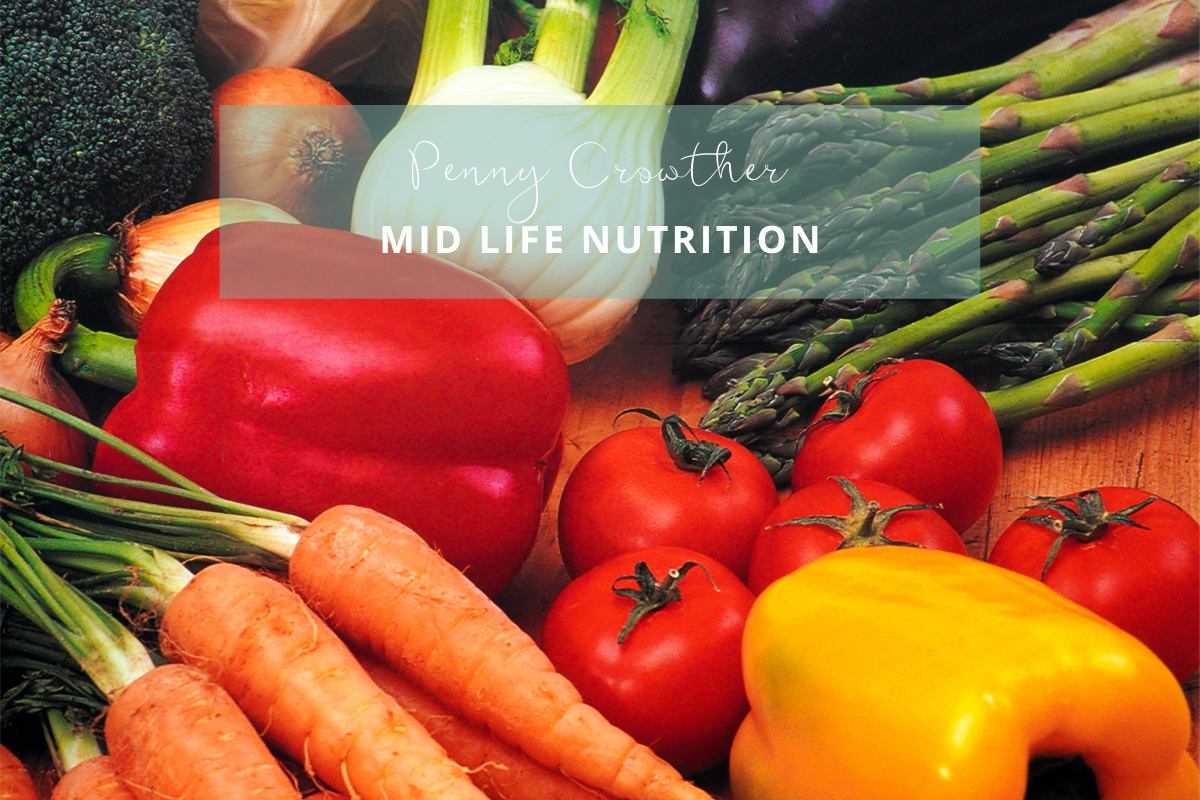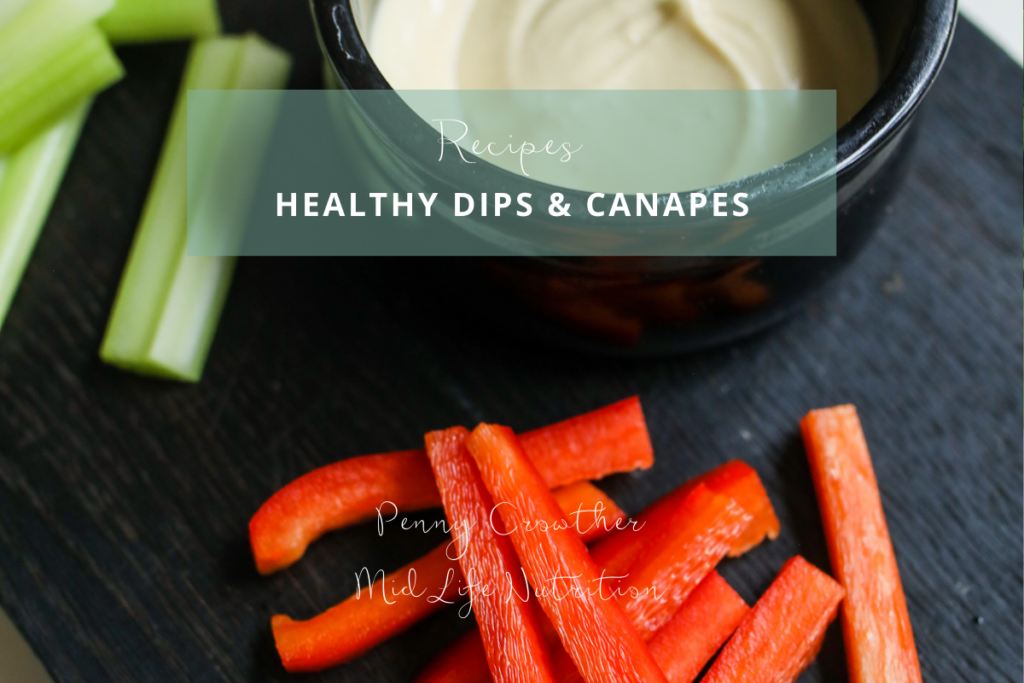
If there was one simple thing you could do that would reduce your chance of getting chronic mid life illnesses such as heart disease, cancer, diabetes and dementia, would you do it?
There is one small step that will have a very big impact on preventing the diseases that commonly come with ageing and the menopause. And help you lose weight!
It is…. eating more plant foods.
Simple yes but putting into practice on a regular basis can be a challenge. I’ve got lots of hacks to help you do just that! Skip down the next paragraph if you want to go straight to those hacks!
There are really good reasons why you’ll want to do this.
Plantfoods like vegetables and fruit contain antioxidants. These antioxidants help protect your body against oxidation which is associated with chronic disease and accelerated ageing.
Neutralising Toxins
Antioxidants zap the nasty free radicals produced in your body all the time. Free radicals are unstable substances produced by a process called oxidation. Oxidation is associated with disease and accelerated ageing. You can’t stop oxidation as it’s occurring all the time as a result of daily living. But having an abundance of antioxidants in your body stacks the odds in your favour. It’s a bit like having way more troops in a battle! When you don’t have enough antioxidants in your body, compared to the amount of free radicals, that’s when you start to be seriously disadvantaged.
So here are my hacks for success. I’ve tried to keep them simple and practical as well as enjoyable.

7 Hacks to eat more plant foods
Remember they may seem little changes but they add up over time to a big health boost.
- Add 3 different coloured vegetables to your online/in person supermarket list. Wash, chop and put them into sealed containers in the fridge, ready to steam, roast or add to recipes. Here are some seasonal ideas for current winter UK veg – Celeriac (great mashed or in soups), Jerusalem Artichokes, Mushrooms, Onions, Parsnips, Pears, Red Cabbage, Savoy Cabbage, Spring Greens, Spring Onions, Leeks, Squash, Swedes, Turnips, White Cabbage, Beetroot, Brussels sprouts, Chicory, Celery, Kale, Carrots
- Buy ready cut raw carrots and store in the fridge for up to 5 days. Sugar snaps & cucumber also work well. Snack on them with hummus or this tasty avocado dip. Mash the flesh of an avocado in a small bowl with the juice of a lime & a sprinkle of sea salt/pink salt. Add chilli flakes & garlic powder if desired. Dip and enjoy. Makes 2 servings. Store in air tight container in fridge for up to 2 days
- Pouches of pre cooked lentils are a great hack for adding into salads or stews
- When it’s cold, hot soups provide lots of vegetables. For saving time, try the wonderful Soupologie range available in many supermarkets
- Green, leafy veg are so good for you (several studies have shown that people who eat leafy greens have better cognitive health). But it can be a particular challenge to get your 5 weekly portions of leafy greens if you’re not into kale smoothies. Frozen spinach is handy for adding to hot dishes such as curries. Or go for all the different types of lettuce and make it interesting with a healthy and tasty home made dressing. Don’t forget homemade coleslaw too for dressing up cabbage:)
- Use fresh herbs and spices (which are not only full of antioxidants but also very alkalising to the body) when cooking. Ginger, turmeric and chilli powder are my top 3 spices! And Mediterranean herbs such as rosemary and oregano
- Frozen fruit and veg? Bring it on! It's another time saving way to get more of those amazing illness preventing plant chemicals such as flavonoids & carotenoids. Plus the freezing process retains a huge amount of nutrients. The beauty of frozen veg is that it doesn't go off so you always have a supply handy
Berries (frozen berries make a nice snack or defrost them with yoghurt:), smoothie mixes, mango chunks, spinach (great for throwing into curries!), broad beans and peas are some of my favourite frozen veg. Chuck into soups, curries or casseroles or roast in the oven.
Frozen cubed sweet potato and butternut squash save oodles of time. But peeling and chopping these vegetables can be a time consuming hassle. My sister in law ended up in A and E after nearly slicing her finger off when making a butternut squash soup! The answer - get someone else to do it for you - Asda's frozen, peeled and cubed squash and sweet potato are freezer staples for me!
Frozen cauliflower or broccoli florets are good for soups (not so much for eating whole as they lose their texture a bit).
2 Tasty Recipes to get a big, colourful antioxidant hit
How about making a ratatouille or veggie chilli, so comforting and warming on a cold evening
And if you're a meat or fish eater, you can have ratatouille or chilli as a side dish 😃
I also highly recommend Jamie Oliver’s sweet potato chickpea curry from his One Pot Wonders cookbook. You can leave the chickpeas out and it still tastes delicious!
For personalised menu plans with recipes & supplement programmes, there is more information on my consultations page
